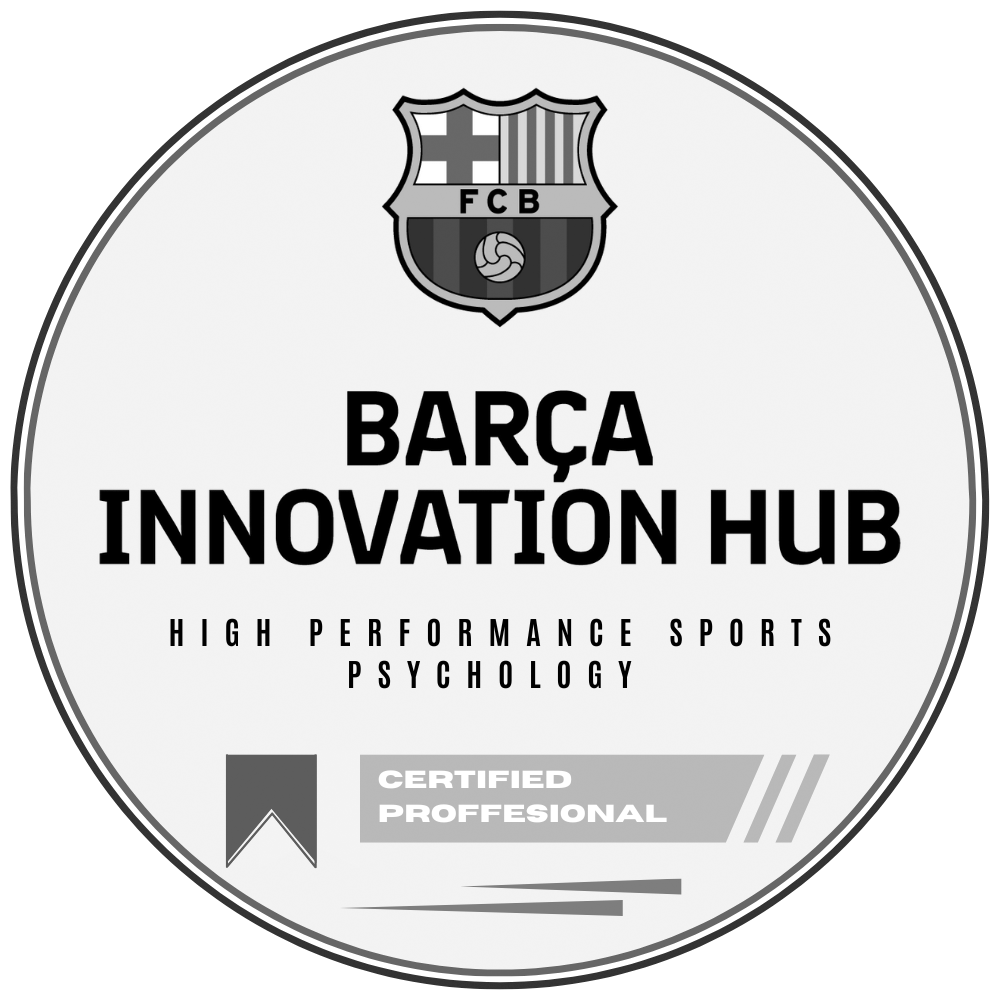A friend once told me he lies in meetings not because he’s dishonest, but because he’s afraid. Afraid of getting it wrong. Afraid of being judged. Afraid of being cast out by the group. “Better to nod along,” he said, “than to risk saying what I actually think.”
It stayed with me. Because what he said wasn’t rare. It was real. It made me wonder: What does it really mean to grow?
Not just in age or knowledge but in maturity, character, and virtue. This isn’t just a philosophical question. It’s one that the great developmental theorists of the 20th century sought to answer through research, reflection, and a deep curiosity about the human condition.
Two men, Jean Piaget and Lawrence Kohlberg, stand out for their contributions to this question. Piaget explored how we think, reason, and understand. Kohlberg added another layer: how we judge, care, and act with integrity.
This blog is an invitation to look at your own development not just through the lens of what you know, but through the lens of who you are becoming. Because growing older is inevitable. But growing wiser, kinder, and more grounded? That takes conscious effort.
And for those of us in the business of leadership and coaching, it’s essential.
A Brief Word on Piaget
Jean Piaget was a Swiss psychologist who began his career studying how children come to understand the world. His famous four stages of cognitive development are familiar to many:
Sensorimotor Stage (0–2 years): Learning through physical interaction with the environment.
Preoperational Stage (2–7 years): Use of symbols and language, yet dominated by egocentrism.
Concrete Operational Stage (7–11 years): Logical thinking emerges, but tied to concrete events.
Formal Operational Stage (12+ years): Abstract thinking, hypothesis testing, and moral reasoning begin to form.
While his work revolutionized education, what made Piaget's work timeless was his deeper purpose. He believed that the goal of education was not rote knowledge but the development of mature thinkers who could solve problems for themselves. And maturity, he said, is not just about intellect. It’s also about character.
Which brings us to Kohlberg.
The Leap to Moral Development: Lawrence Kohlberg
If Piaget gave us the framework for how minds develop, Lawrence Kohlberg gave us the structure for how we come to judge right and wrong.
His theory of moral development doesn’t map onto age in a strict sense. It isn’t biological. It’s volitional. Moral maturity is something we grow into if we choose to. And many don’t.
Kohlberg proposed three levels of moral development, each with two stages. As you read through them, ask yourself not just where others tend to operate, but where you tend to operate yourself, especially under pressure.
Level 1: Pre-Conventional Morality
At this level, morality is externally controlled. Right and wrong are determined by consequences: punishment or reward.
Stage 1: Obedience and Punishment Orientation
Avoid punishment: “I don't want to get in trouble.”
Avoiding punishment is the goal. A child doesn’t steal because they’re afraid of getting caught. But adults do this too. Leaders follow rules to avoid judgment, rejection, or failure.
This leads to reactive leadership. Micromanagement. A culture of fear, not trust.
Stage 2: Individualism and Exchange
Self-interest: “You scratch my back, I’ll scratch yours.”
Others are recognized, but morality is still transactional. Decisions are guided by self-interest.
In leadership, this can look like chasing short-term wins, forming alliances for leverage, or doing what's “right” only if it serves personal gain.Values become negotiable.
Level 2: Conventional Morality
At this stage, morality is about fitting in, being accepted, and doing what’s expected by peers, teams, or society.
Stage 3: Good Interpersonal Relationships ("Good Boy / Good Girl")
Seek approval: “I want to be seen as good.”
Morality becomes tied to approval. We want to be liked. So we conform.
Leaders at this stage often avoid conflict. They aim to please. They may suppress necessary tension for the sake of harmony.
But the cost is clarity. Candor disappears. Feedback becomes flattery.
Stage 4: Maintaining Social Order
Respect for authority and laws: “We need rules to keep order.”
This is the law-and-order mindset. Morality is about rules, structures, and systems. Leaders here preserve the status quo. They enforce company policies. They say things like, "That’s just how we do things here."
This can create order, but it can also breed stagnation. Innovation suffers. Dissent is silenced. Leaders become custodians of procedure instead of stewards of change.
Level 3: Post-Conventional Morality
Now we enter rare territory. Few reach this level consistently. But those who do model the kind of leadership that transforms cultures.
Stage 5: Social Contract and Individual Rights
Laws are flexible if they serve human rights and dignity.
Leaders here understand that structures exist to serve people not the other way around. They ask: What’s fair? What empowers others? What fosters dignity?
They question rules that harm equity. They speak up for the marginalized. They lead from values, not just vision. They are transformational not because they have the answers, but because they’re willing to ask better questions.
Stage 6: Universal Principles
Guided by conscience and abstract reasoning: justice, equality, human dignity.
This stage is aspirational. Leaders operate from deep, unwavering ethical commitments. They live from their conscience. They take principled stands even when they are unpopular.
Think Mandela, Gandhi, Bonhoeffer, Havel, Eleanor Roosevelt. Or the quiet leader in your organization who does the right thing when no one’s watching. These leaders hold themselves, and their systems, to something higher than personal gain or cultural norms.
Leadership Is a Moral Practice
In coaching, we often talk about presence, feedback, listening, and accountability. But beneath all of it lies a deeper truth: leadership is a moral act.
Whether you’re leading a company, a team, a classroom, or a family you are shaping the moral climate of those you influence. People aren’t just watching what you do, they’re sensing what you stand for.
Do you reward obedience or encourage growth? Do you model self-sacrifice or self-preservation? Do you ask hard questions or just manage perceptions?
Developmental theories like Piaget and Kohlberg remind us that real leadership doesn’t come from skill alone. It comes from a deepening sense of responsibility first to self, then to others, and finally to principles that outlive us.
As coaches, our job is to hold space for that journey. Not just to help clients become more competent but more conscious.
Real-Life Leadership Examples
- A leader withholds concerns in executive meetings to avoid tension (Stage 1).
- A VP supports a project for personal visibility, not impact (Stage 2).
- A manager changes priorities to remain popular with the team (Stage 3).
- A CEO resists change because “we’ve always done it this way” (Stage 4).
- An operations leader delays a product launch after uncovering safety risks, choosing integrity over investor pressure (Stage 5).
- A founder steps down to protect the integrity of the mission (Stage 6).
So Where Are You? (And Where Is Your Client?)
This isn’t about judgment. It’s about self-awareness.
Most of us move between stages depending on context. A leader may be visionary in public but avoidant in private. A team member might act from courage in one domain, and fear in another.
The goal isn’t perfection. It’s progress. And coaching can accelerate that journey.
Ask yourself or your client:
- What stage do you operate from when under pressure?
- Where do you compromise your values for approval or comfort?
- What kind of moral climate do you create as a leader?
- What would it look like to lead from Stage 5 or 6?
- Who holds you accountable to the principles you claim to stand for?
Final Thoughts: Growing Forward
Piaget taught us that learning happens in stages. Kohlberg showed us that morality does too. But neither said that development is automatic.
Growth is a choice!
It means asking better questions. Taking responsibility. Facing the fear of being wrong. Standing for what matters. Because in the end, it’s not just about what you know. It’s about who you’re becoming.
So grow through it. And help others do the same.
Reflection Questions for Coaches:
- Which moral stage shows up most in your client’s leadership?
- How can you use developmental theory as a lens in your coaching practice?
- Where do you personally lead from each stage and where do you aspire to grow?
- How do you create conditions for leaders to reflect on integrity, not just performance?
Let that be your compass.
Sources:
- Robert Kegan and Lisa Laskow Lahey, Immunity to Change: How to Overcome It and Unlock the Potential in Yourself and Your Organization (Boston: Harvard Business Review Press, 2009).
- Jean Piaget, The Psychology of Intelligence (London: Routledge, 1950).
- Lawrence Kohlberg, The Philosophy of Moral Development: Moral Stages and the Idea of Justice, vol. 1 (San Francisco: Harper & Row, 1981).
#MoralDevelopment #CognitiveDevelopment #JeanPiaget #LawrenceKohlberg #LeadershipGrowth #CharacterBuilding #EthicalLeadership #PersonalGrowth #ExecutiveCoaching #GrowthMindset #IntegrityMatters #DevelopmentalPsychology #LeadershipCoaching



.svg.png)










.png)


